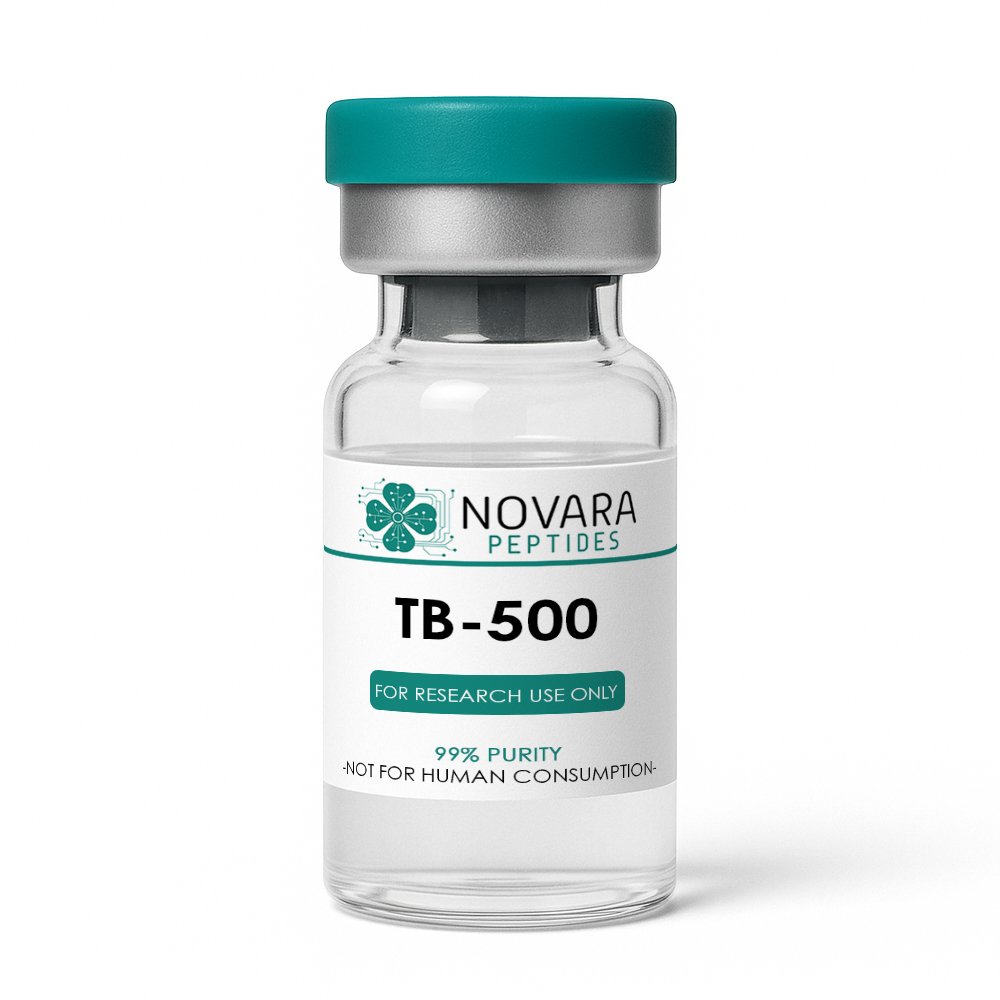Mechanism of Action (How TB-500 Works)
Actin Sequestration & Polymerization: TB-500 regulates G-actin and promotes actin filament assembly, enabling cell migration [Goldstein 2012].
Fibroblast & Keratinocyte Activation: Enhances migration of fibroblasts and epithelial cells to injury sites [Malinda 1999].
Angiogenesis Promotion: Upregulates VEGF and stimulates endothelial progenitor cell recruitment [Goldstein 2012].
Anti-Inflammatory Modulation: Reduces NF-κB activation and inflammatory cytokines, supporting a regenerative environment [Sosne 2007].
Tissue Remodeling: Encourages myofibroblast differentiation and collagen deposition to strengthen repaired tissue [Bock-Marquette 2004].
References
Malinda KM et al. (1999). Thymosin Beta-4 Accelerates Wound Healing. Journal of Investigative Dermatology.
https://www.scirp.org/reference/referencespapers?referenceid=1316929Goldstein AL et al. (2012). Role of Tβ4 in Angiogenesis and Endothelial Cell Migration. Annals of the New York Academy of Sciences.
https://link.springer.com/content/pdf/10.1007/978-1-4757-9185-3_18Bock-Marquette I et al. (2004). Tβ4 Induces Adult Epicardial Progenitor Mobilization and Repair. Nature.
https://www.nature.com/articles/nature05383.pdfSosne G et al. (2007). Anti-Inflammatory and Cytoprotective Effects of Tβ4 in Ocular Models. Experimental Eye Research.
https://www.scirp.org/reference/referencespapers?referenceid=1316954












